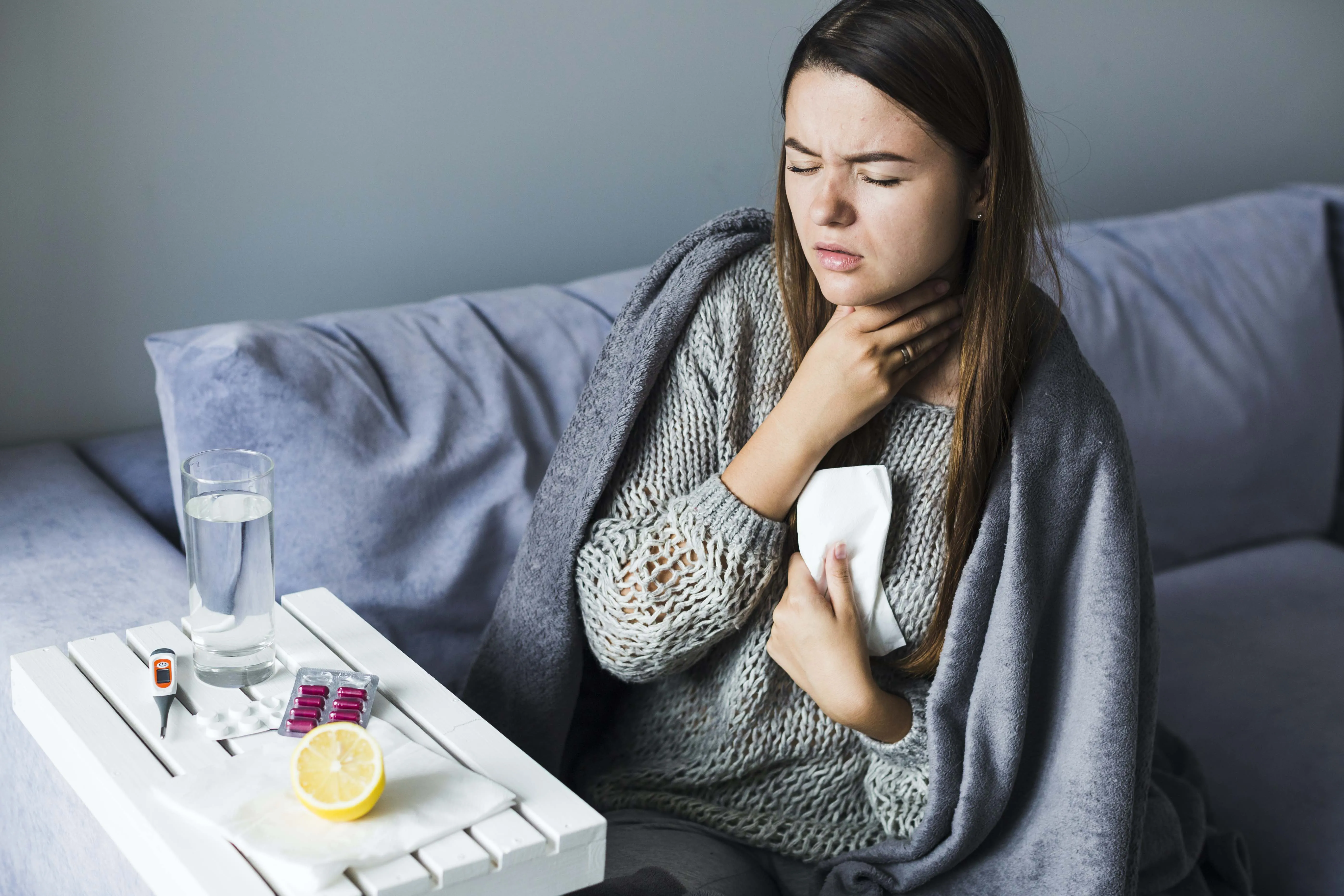
Sore throat? Here's what to do.
Sore Throat? Here's What to Do
Sore throats are common, especially in the colder months. While most people will have at least two or three every year, they are not usually severe and will clear after a few days without the need for medical treatment.
Sore throats are usually a symptom of a viral infection. A virus causes most sore throats, so antibiotics won't help and won't relieve the symptoms.
So, what to do if you have a sore throat?
Get yourself some painkillers, if needed. Most over-the-counter painkillers can usually relieve the symptoms when combined with other lifestyle and home remedies.
Itching, scratching, and burning aren't fun. There's no instant cure for a sore throat, but there are steps you can take to make yourself feel better.
Have a look at our tips to relieve sore throat pain:
1. Enjoy a Drop of Honey
Manuka honey is a type of honey made by bees that pollinate the Manuka flower. Its viral and antibacterial properties will help soothe a sore throat. Manuka honey attacks harmful bacteria, and it coats the inner lining of the throat for a soothing effect.
All honey contains healing properties, but manuka honey has immune-boosting qualities that are unrivalled in other types of honey products.
So, how do you take Manuka honey for a sore throat?
Ease sore throat pain by enjoying manuka honey in tea, or by eating it directly; or by chewing or sucking manuka products.
2. Try Echinacea
Echinacea is a Native American medicinal plant of the daisy family, known for its active substances that boost immune function, relieve pain, reduce inflammation, and have hormonal, antiviral, and antioxidant effects. Historically, Echinacea was used to heal septic wounds and sores, toothaches, mouth or gum inflammation, sore throats, tonsillitis, coughs, and other respiratory illnesses.
You can use Echinacea as an immune system stimulant and as a sore throat remedy.
It will help you fight infections and support your immune system to cope with illnesses common in winter months.
3. Drink Warm Liquids
Staying hydrated is an integral part of treating a sore throat.
When you are sick with a sore throat, liquids can help ease congestion, and hot fluids also help thin sinus mucus, which allows for better drainage and decreased stuffiness.
Think of chamomile tea, water, warm soups, and stews.
Don't wait until you get dehydrated to replenish lost fluids!
4. Throat Lozenges for Instant Relief
Throat Lozenges can provide you with temporary relief from painful sensations. Many of them are available over the counter, and you can choose from a great variety with different flavours. Some contain local anaesthetics to aid with pain relief.
Throat lozenges won't cure your throat of infection, but they will ease your pain when swallowing.
5. Take Time to Recharge
Resting is vital in your body's attempt to fight infection. You might be tempted to work through the pain and discomfort, but not resting can make your healing process much longer. If you can't afford to relax fully, at least spare your voice by giving it a break whenever possible.
6. Avoid Irritants
If you’re a smoker, you may be experiencing a sore throat pain more often than others. It could be an excellent time to stop smoking, at least temporary, to help your body fight off the infection.
Smoking is already weakening the functioning of your immune system. It also causes your throat to be irritated and swollen since inhaling smoke irritates the sensitive tissues lining the throat.
Sore Throat in Children
Children and teenagers are more likely to get sore throats than adults. Every child will have a sore throat at some stage.
So, how to help the youngest feel better?
Give them medicine containing paracetamol, to help ease their scratchy sore throat.
When to See a GP if You Have a Sore Throat
You should see your GP if you have a sore throat and a very high temperature, or you feel hot and shivery. If you have diabetes or have been going through chemotherapy, your immune system may be weakened, and you should consult with your GP.
If you have a severe or long-lasting sore throat, or have regular sore throats you should contact your GP and get it checked.
If you experience difficulties breathing, or your symptoms are getting worse quickly, don't wait – call 999 or go to your emergency department.
Talk to your pharmacist if you have any concerns. Our professional and friendly team here at Higgins Pharmacy Sligo, is always happy to answer any questions you might have.




